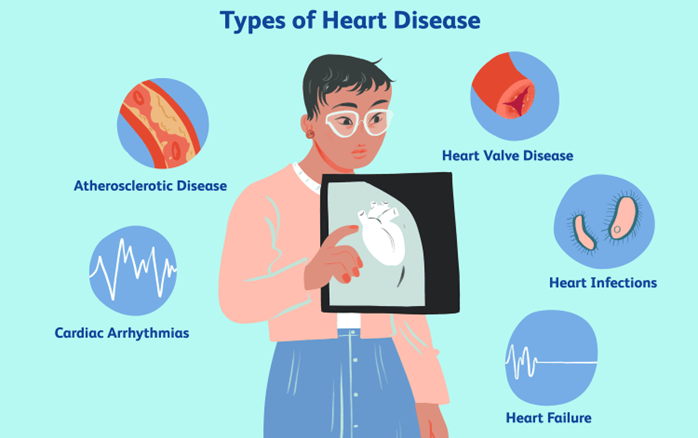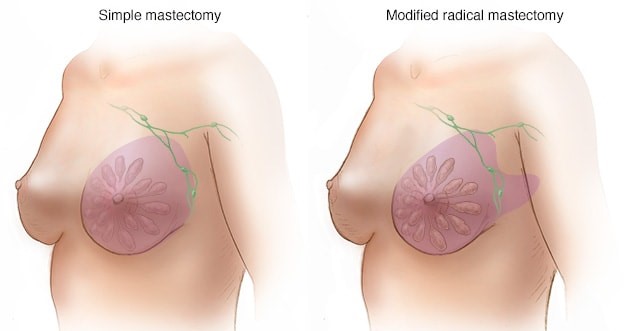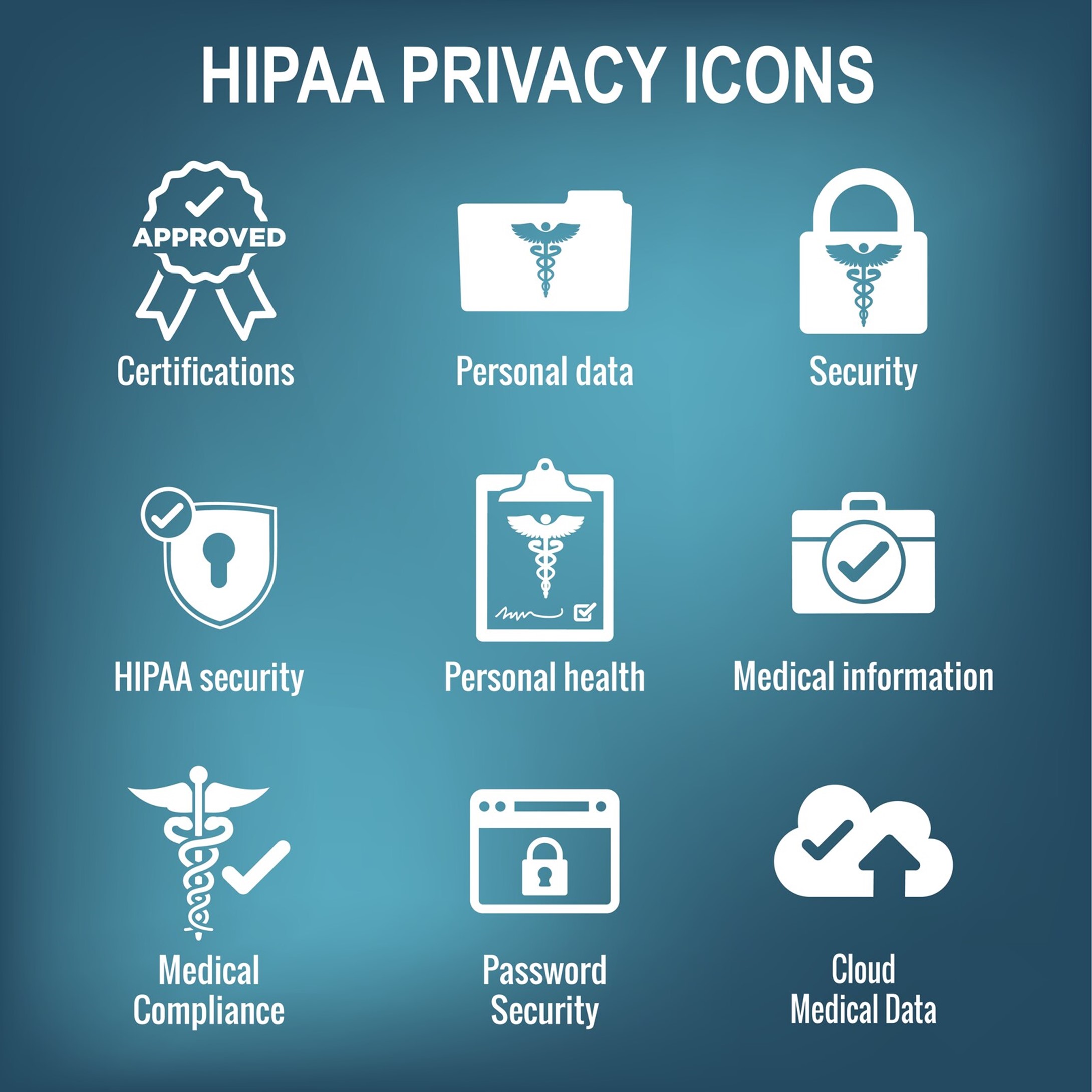The nurse is working with a group of community health members to develop a plan to address the special health needs of women. The group would design educational programs to address which condition is the priority.
Cancer
Heart Disease
Diabetes
Smoking
The Correct Answer is B
Choice A: Cancer is not the correct answer because it is not the leading cause of death among women. According to the World Health Organization, cancer accounted for 15% of all deaths among women in 2019.
Choice B: Heart Disease is the correct answer because it is the leading cause of death among women worldwide. According to the World Health Organization, heart disease accounted for 21% of all deaths among women in 2019. Many women are unaware of the risk factors and symptoms of heart disease, and may not seek timely medical attention. Therefore, educational programs that raise awareness and promote the prevention of heart disease are a priority for women's health.
Choice C: Diabetes is not the correct answer because it is not the leading cause of death among women. According to the World Health Organization, diabetes accounted for 4% of all deaths among women in 2019. However, diabetes can increase the risk of developing other complications such as heart disease, kidney disease, and blindness. Therefore, educational programs that teach women how to manage their blood sugar levels and prevent complications are important for women's health.
Choice D: Smoking is not the correct answer because it is not a condition, but a risk factor for many diseases. Smoking can increase the risk of developing lung cancer, heart disease, stroke, and chronic obstructive pulmonary disease. Therefore, educational programs that help women quit smoking and avoid exposure to secondhand smoke are beneficial for women's health.

Nursing Test Bank
Naxlex Comprehensive Predictor Exams
Related Questions
Correct Answer is D
Explanation
Choice A reason: Brushing teeth does not require much strength or range of motion in the hand, so it should not be very difficult for the client.
Choice B reason: Buttoning a blouse can be done with one hand or with the help of the other hand, so it should not be very difficult for the client.
Choice C reason: Eating breakfast can be done with the left hand or with utensils that are easy to hold, so it should not be very difficult for the client.
Choice D reason: Combing hair requires lifting the arm above the shoulder and moving the hand through the hair, which can be painful and challenging for the client who had a mastectomy and may have impaired lymphatic drainage and nerve damage in the right arm.

Correct Answer is A
Explanation
Choice A: "Information about a client can be disclosed to family members at any time." This statement indicates a need for further teaching because it is false and violates HIPAA. HIPAA protects the privacy and security of clients' health information and limits who can access or share it without their consent. Information about a client can only be disclosed to family members if they are involved in the client's care or payment, or if the client gives permission.
Choice B: "HIPAA established regulations of individually identifiable health information in verbal, electronic, or written form." This statement does not indicate a need for further teaching because it is true and reflects HIPAA. HIPAA defines individually identifiable health information as any information that relates to the past, present, or future physical or mental health or condition of an individual; the provision of health care to an individual; or the past, present, or future payment for the provision of health care to an individual; and that identifies the individual or for which there is a reasonable basis to believe it can be used to identify the individual.
Choice C: "HIPAA is a federal law, not a state law." This statement does not indicate a need for further teaching because it is true and reflects HIPAA. HIPAA is a federal law that was enacted in 1996 by Congress and signed by President Clinton. It applies to all states and territories of the United States. However, some states may have additional or stricter laws that protect clients' health information.
Choice D: "A client's address would be an example of personally identifiable information." This statement does not indicate a need for further teaching because it is true and reflects HIPAA. HIPAA lists 18 identifiers that can be used to identify an individual, such as name, address, phone number, email address, social security number, medical record number, or biometric identifiers. A client's address is one of these identifiers and must be protected under HIPAA.

Whether you are a student looking to ace your exams or a practicing nurse seeking to enhance your expertise , our nursing education contents will empower you with the confidence and competence to make a difference in the lives of patients and become a respected leader in the healthcare field.
Visit Naxlex, invest in your future and unlock endless possibilities with our unparalleled nursing education contents today
Report Wrong Answer on the Current Question
Do you disagree with the answer? If yes, what is your expected answer? Explain.
Kindly be descriptive with the issue you are facing.
